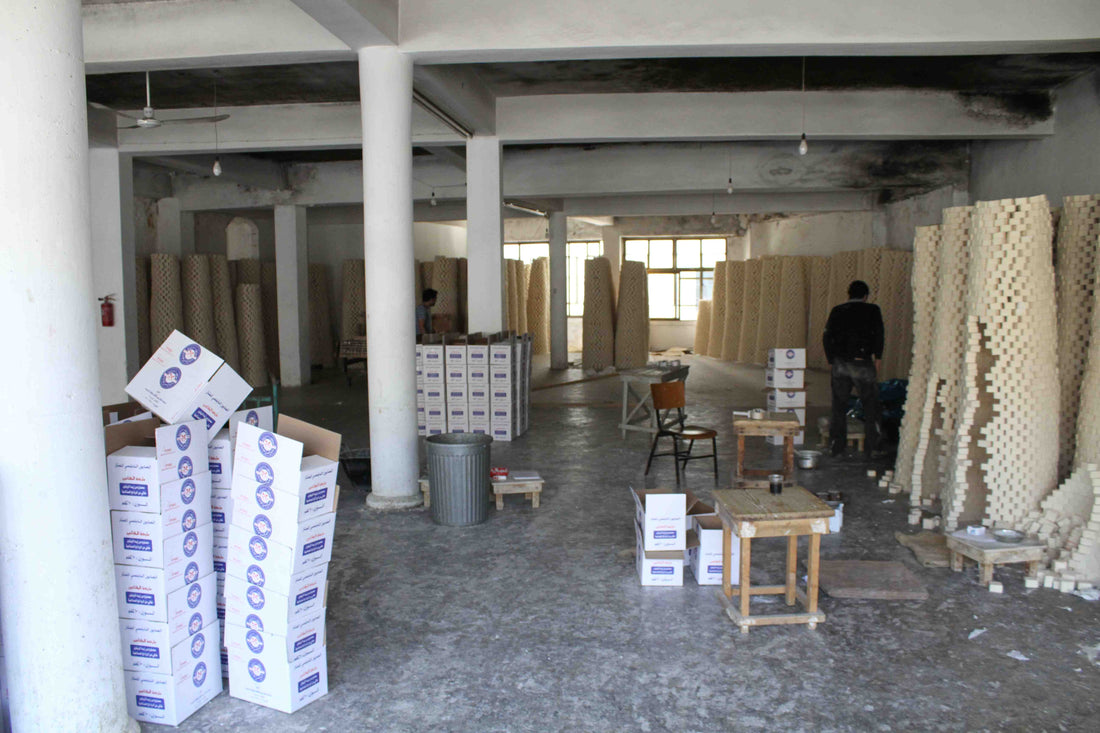
Nablus Soap: A Legacy of Craft, Culture, and Resistance
Nablus Soap: A Legacy of Craft, Culture, and Resistance
The city of Nablus in Palestine has been a center of traditional olive oil soap production since at least the 10th century. By the 19th century, it had become the beating heart of the soap trade in the Levant, exporting its signature bars throughout the region and beyond. The soap’s reputation rested on three simple, pure ingredients: virgin olive oil from local groves, water from Nablus’ abundant springs, and a natural alkaline substance known as qilw.
Nablus soap was not just a commercial activity but a deeply embedded cultural and economic institution. “By the 1880s, there were over thirty soap factories in operation in the Old City,” (Palquest). These factories were often vertically integrated and multi-generational, with Palestinian families such as the Tuqan, Shaka‘a, and Tbeleh playing central roles. Workers in each stage of the process—from oil boiling to soap cutting—held distinct, respected positions in the workshop hierarchy.
Soap production followed a meticulous, weeks-long process. The olive oil was slowly cooked over wood fires, mixed with qilw, and poured onto stone floors to cool and cure. Bars were hand-cut and stamped with the mark of their maker. Then they were stacked in distinctive domes—often shaped like beehives—to dry for months.
But the industry has endured a series of setbacks. The Israeli military occupation, along with repeated invasions, curfews, and closures, severely disrupted production. During the Second Intifada, only two factories remained active. “The siege of Nablus in the early 2000s brought the soap industry to a near standstill,” PalQuest reports.
Despite this, a small number of soapmakers continue the tradition, preserving a craft that stands as a symbol of cultural survival. Modern producers like the Nablus Soap Company and other family-run operations strive to maintain quality and heritage, often exporting their bars to diaspora communities and ethical consumers abroad.
Nablus soap is more than a cleansing agent. It is a quiet act of defiance, a tactile connection to ancestral knowledge, and a fragrant testament to Palestinian identity.
Source: “Nablus Soap Production,” PalQuest – The Interactive Encyclopedia of the Palestine Question, Institute for Palestine Studies. Available at: https://palquest.palestine-studies.org/en/highlight/15993/nablus-soap-production